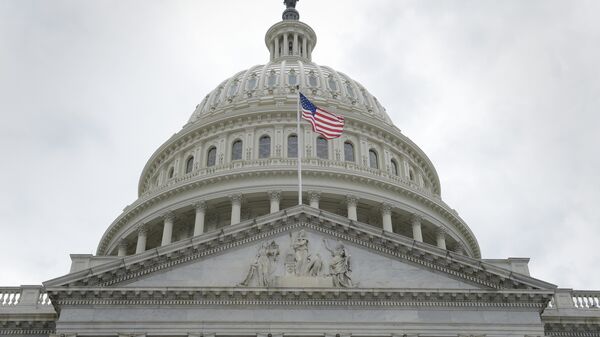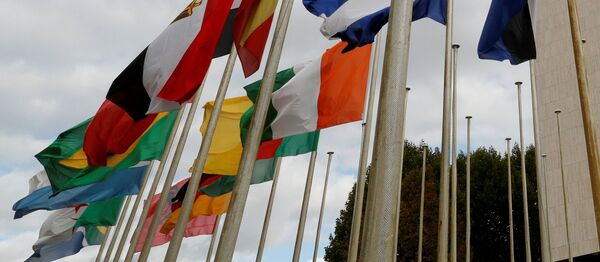The US is seeking to change the existing order in those countries "where the political system differs from Western notions of democracy," Dr. Cristian Nitoiu, a Postdoctoral Fellow in EU-Russia Relations at London School of Economics and Political Science, said, adding, "US embassies around the world are often anecdotally seen as the place where the final outcome of elections is decided."
Nitoiu noted that the extent to which the US meddles in elections worldwide depends on the kind of institutions, norms and rules existing in a certain country.
"I think we should make a slight distinction between the various types of interference in elections. I would argue that in democratic countries the US has a light touch. More specifically, it does not interfere in order to reshape the political landscape or system. Its actions are more focused on promoting elites who would be favorable to American interests and to ensure that those elites who get elected uphold democratic institutions, norms and rules," the analyst said.
"It is in those states whose political system differs from Western notions of democracy where the interference of the US is aimed at transforming from the ground their political systems," the analyst said, adding, however, that such a strategy is a normal feature of world politics.
"It is expected that more powerful states would have the ability, resources and willingness to shape domestic politics in other countries," the expert added.
"The alleged Russian interference in the US elections is generally understood as wanting to undermine the US political system. This is why I am sure that the alienation will continue," the expert said.
According to the analyst, there is a lot of bias towards Russia in Western media because Moscow is "the perfect enemy."
"Many elites in the US share a deep distrust of Russia, and for the last 25 years have been waiting for the right moment to push for a harsher policy on Russia. In the West you do not really score popularity points if you are not against Russia. That being said, Russian media and political elites treat the West in a rather similar way," the expert concluded.



